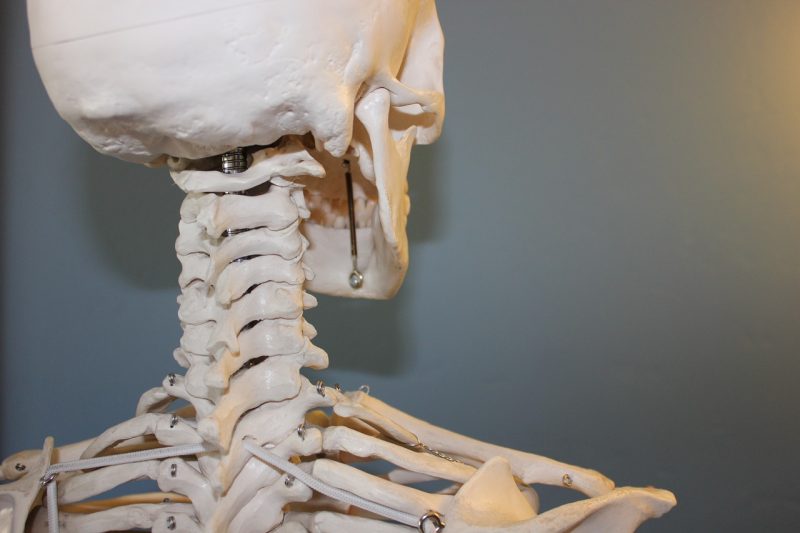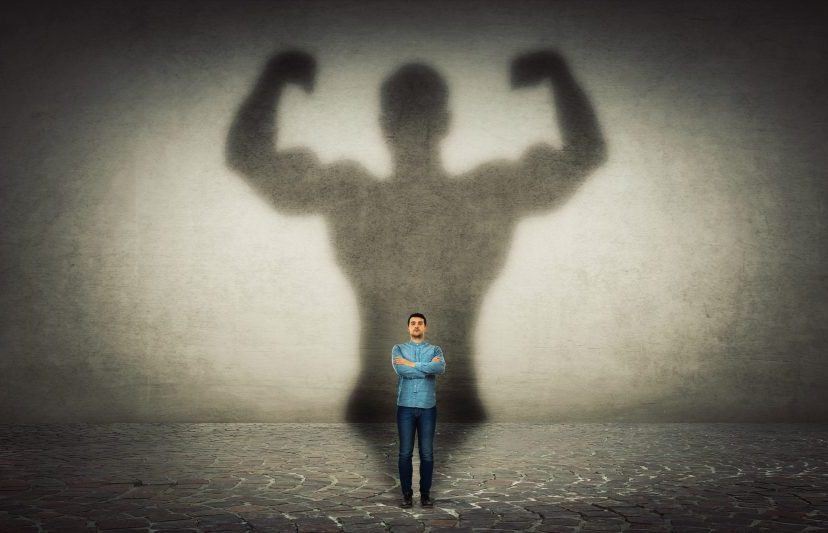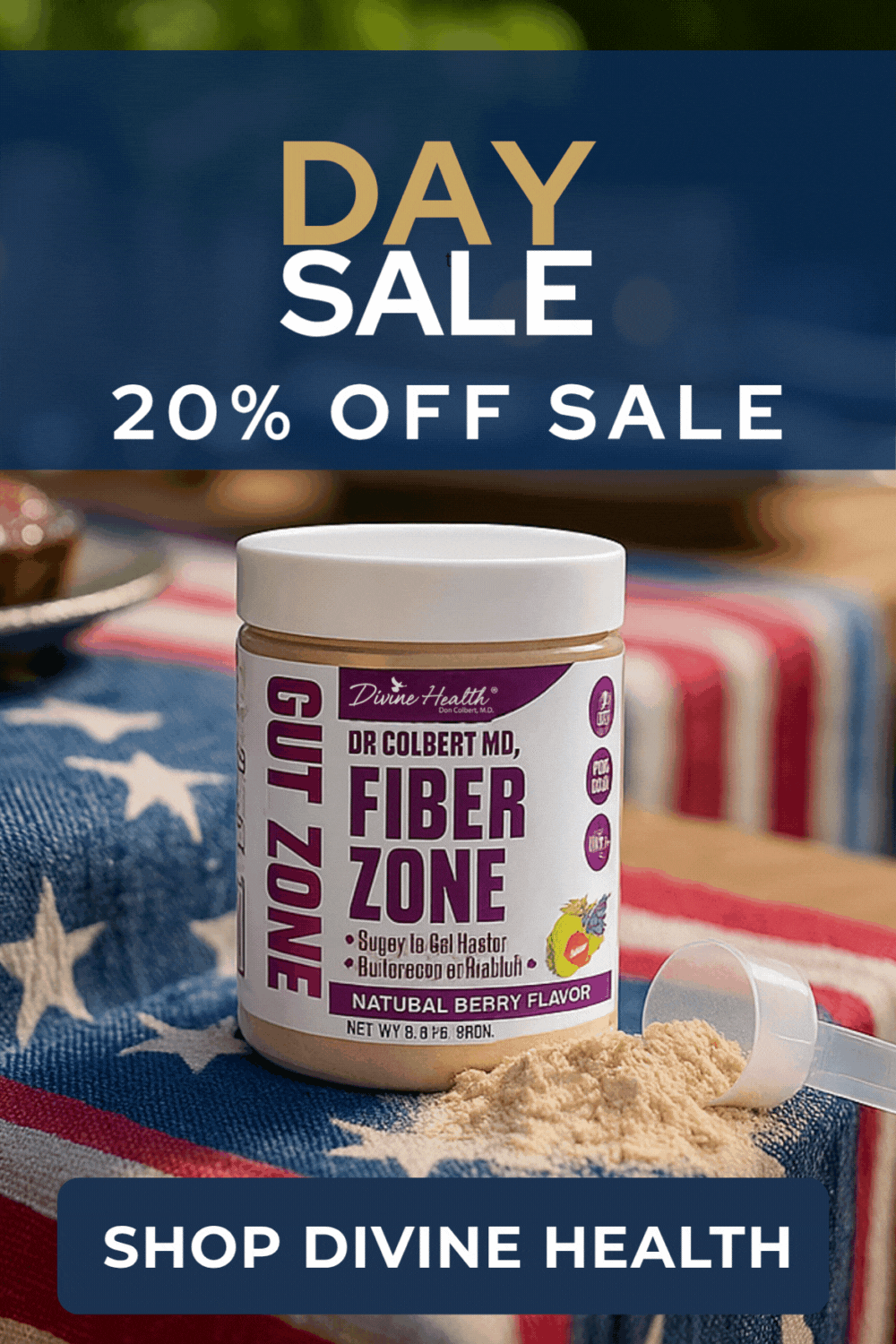If you’re over 40 years old, your bone density is naturally declining. In fact, it’s likely declining at a rapid rate of 1% per year.
While this may seem dire, there is hope. There are things you can do to fortify and preserve your bones.
Here are 5 simple habits you can use to make your bones stronger and younger, starting today.
5 Simple Habits to Make Your Bones Stronger & Younger
Habit #1: Magnesium
When it comes to bone health, magnesium is sort of a forgotten mineral. But, it is an incredibly important nutrient in the human body.
In fact, magnesium is involved in energy production, blood sugar regulation, bone health, sleep cycles, immune system and more (1).
If you’ve been diagnosed with low bone density, you are likely low in magnesium. In fact, magnesium deficiency is a risk factor for osteoporosis, and it’s estimated that the majority of adults are deficient. Low magnesium may weaken bones directly, or it may cause issues with the absorption of calcium into the bones (2).
To increase magnesium, I recommend a 2-punch approach.
First, eat High-Magnesium Keto Zone Foods:
- Raw Cacao
- Hemp Heart Seeds*
- Spinach
- Almonds, Cashews, and Peanuts*
- Avocado
- Plain Yogurt
*Nuts, seeds, and grains contain phytic acid. Phytic acids bind magnesium and make it more difficult to absorb, rendering some foods as low bioavailability for magnesium even though they contain the mineral.
Then, add a magnesium supplement: Using a high-quality magnesium supplement is the most effective way to increase levels. Most adults need 200-400 mg per day to maintain healthy amounts of magnesium in the body. The best absorbed and most effective magnesium supplements are chelated and use magnesium citrate, malate or other well-absorbed forms. Magnesium oxide is generally the least-tolerated and absorbed form.
Magnesium is best taken alongside silica, calcium and vitamin D.
Habit #2: Vitamin K2
If magnesium is the forgotten bone mineral, vitamin K2 is a newly found bone vitamin.
Vitamin K2, or menaquinone, is found in animal foods and fermented foods. Most people have heard of vitamin K1 because it’s important for blood clotting, from birth onward.
But the importance of vitamin K2 for bone health has only recently been discovered. What’s more, K2 is often deficient in adults.
Vitamin K2 is extremely important for bone health, especially in post-menopausal women. Supplementing vitamin K2 and vitamin D together may reduce spinal fractures, hip fractures, and osteoporosis. Further, vitamin K2 supports good dental health from infancy into advanced age (3).
How can you increase vitamin K2?
First, you can eat good food sources, such as spinach, cheese, egg yolks, and dark chicken meat.
Next, supplement it, especially if you’re a post-menopausal woman, or if you’re concerned about bone density and health. The best supplement for this purpose is Dr. Colbert’s Hormone Zone. It uses natural vitamins, minerals, and herbs to support bone health throughout hormonal changes during the life cycle.
Habit #3: Weight-Bearing Exercise in the Sunshine
Most people realize that muscles become stronger with exercise.
But, did you know bone does as well? In fact, bones are a living tissue that strengthens with weight-bearing and resistance exercise.
Weight-bearing exercise is an exercise that forces you to work against gravity such as walking, hiking, jogging, climbing stairs, playing tennis, and dancing. Resistance exercise includes weight lifting or walking uphill.
As a bonus, you can double your impact by engaging in weight-bearing and/or resistance exercise outside in the sun. When you expose your skin to the sun, even just 20 minutes per day, your body will synthesis vitamin D to further strengthen your bones.
Habit #4: Probiotics and Fermented Foods
Amazingly, fermented foods, probiotics, and healthy gut bacteria promote better bone health.
How? Here are the direct and indirect ways healthy bacteria work for bones (4):
- Increasing mineral solubility and absorption due to the production of short-chain fatty acids
- Producing an enzyme called phytase to overcome the effects of mineral-decreasing phytate
- Reducing intestinal inflammation which is linked to increased bone mass density
- Hydrolyzing glycosidic-bound foods, which improves bone health
If you’d like to improve gut bacteria to promote the health of your bones and body, follow the 8 tips posted here and consider taking a high-quality probiotic supplement or our Fermented Green Supremefood.
Habit #5: DIM (Diindolylmethane)
Some nutrients and habits improve bone density indirectly.
DIM, or Diindolylmethane, is one such nutrient.
DIM a compound that’s produced by our own bodies when we eat cruciferous vegetables, and it can help your body balance hormones during menopause. Amazingly, you can now supplement it in addition to eating vegetables for the most benefit!
DIM balances hormones by converting “bad estrogens,” into good estrogen metabolites. Bad estrogens are those that cause most pre-menstrual and menopause symptoms including fat gain, cramping, acne, low energy, and more. They are also found in higher levels in those with breast cancer.
Good estrogens promote leaner bodies with more muscle, high-quality collagen in connective tissues, healthy bone density, and good cholesterol levels.
DIM encourages estrogens to metabolize to the beneficial forms while deterring negative forms, which strengthens bones.
There are many DIM supplements available, but the best choice is Dr. Colbert’s Hormone Zone. As discussed above, it also has K2 to fortify your bones.
Bottom Line
Don’t wait another day. You can fight bone density loss with these easy habits and make your bones stronger and younger, starting now!



















